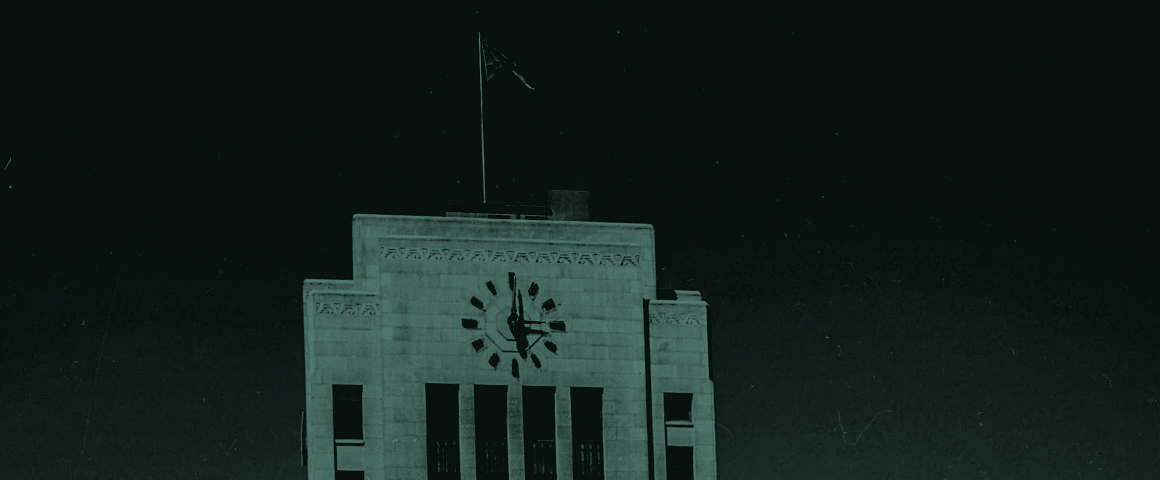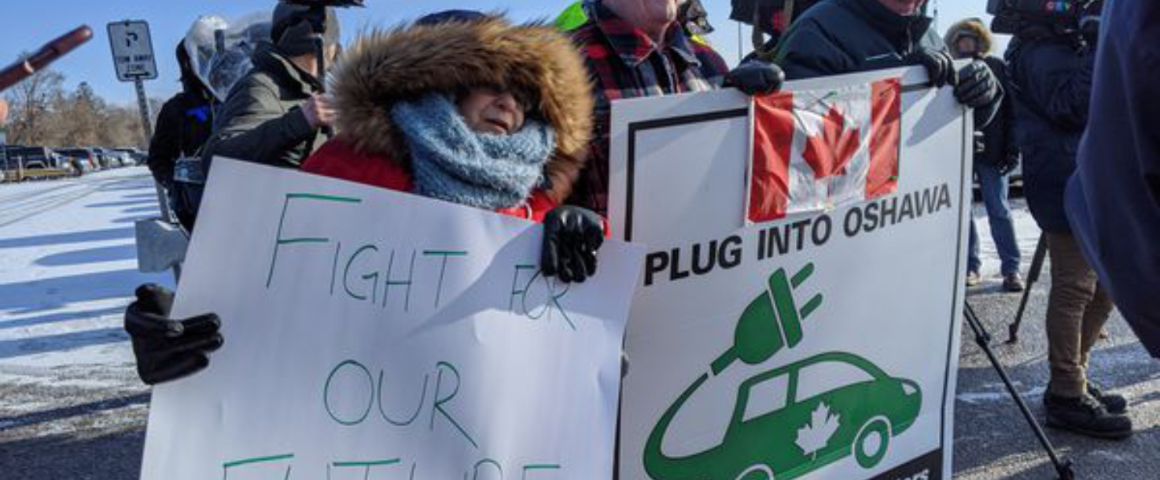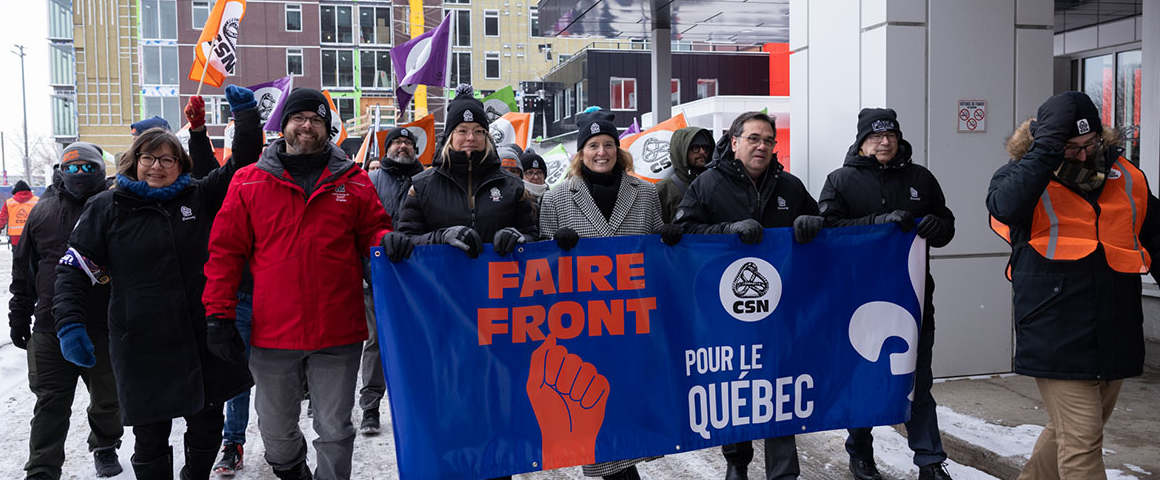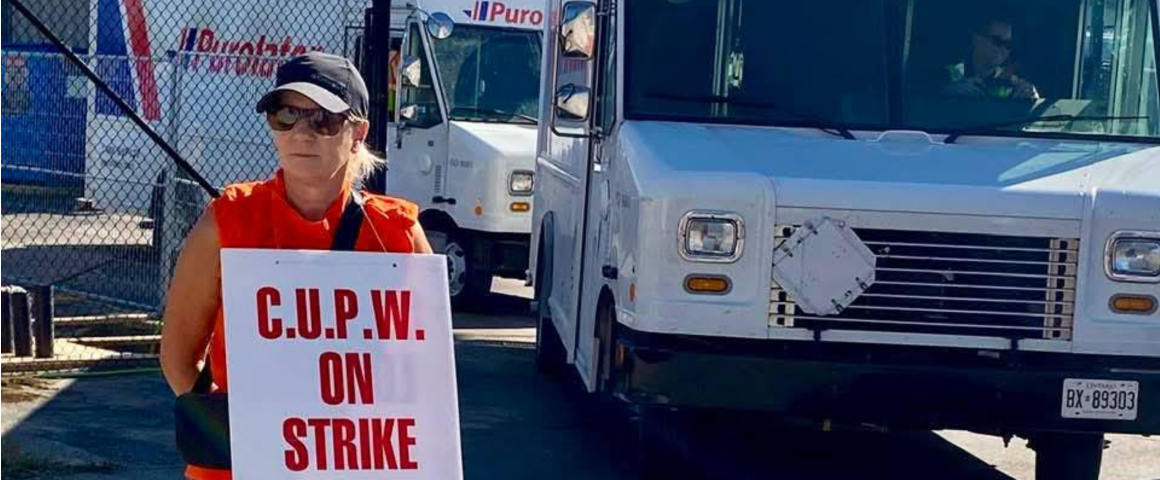With the October 2018 round of B.C. municipal elections just over six months away, many mayors and councillors across the province are not seeking re-election. This includes at least half of the 21 mayors in the Metro Vancouver region – a higher proportion than usual, perhaps reflecting a normal changing of the guard among this particular cohort of elected officials, some of whom have served relatively long periods in office. Others see a political storm on the way, including Vancouver mayor Gregor Robertson, who has led a Vision majority at City Hall since 2008.
Robertson has held the mayor’s chair longer than 37 of his 38 predecessors, thanks to a voter base built on a loose coalition of NDP supporters, federal Liberals, Greens, the labour movement, and other opponents of the right-wing NPA which had elected ten mayors since its formation in the late 1930s. But Vision has been increasingly condemned for its close links with profit-hungry developers who have made the city unaffordable for thousands of renters and working class families. When a Vision candidate finished fifth in last fall’s byelection for a vacant council seat, the writing was on the wall. Robertson and four of the six Vision councillors elected in 2014 have now dropped out of the race, leaving just two incumbents (Raymond Louie and Heather Deal) as potential candidates in October.
It would be a mistake to read too much into a vote with just an 11 percent turnout, but that byelection showed other significant trends. The NPA elected its candidate, regaining its historic status as the party with the best shot at winning a majority. But with a vote share of just 26 percent, the NPA also seemed vulnerable to a united slate of centre and left forces on the ballot, especially if a strong independent candidate for mayor could be found.
Over the past two months, speculation over scenarios for such a unity slate has been rampant. Several popular current and former local politicians (Libby Davies, Spencer Herbert, Don Davies) have had their arms twisted by eager supporters, but none have agreed to run for mayor. That leaves several less prominent candidates still up for consideration. Another option might be Vancouver Green city councillor Adriane Carr, who would not run as a unity-building independent candidate against whoever runs for the NPA.
In this situation, the Vancouver and District Labour Council is attempting to help put together a broad electoral agreement. The VDLC was the key force behind the formation of the Committee (later Coalition) of Progressive Electors in 1968, and has always been prominent in backing unity of centre and progressive groups to block the NPA.
This time around, the VDLC faces a complicated set of variables and contradictions. It has been consulting with parties and groups which could take part in a unity campaign, including COPE, One City, backers of the Jean Swanson byelection campaign, and the Greens, all of which have strong criticisms of the Vision majority’s developer-driven policies at City Hall. A large March 11 meeting convened by COPE heard from speakers representing the other groups, creating the impression that all could support a suitable joint campaign.
But from the perspective of the labour movement, the election of Robertson and his party ended an era of constant NPA attacks against municipal employees represented by CUPE and other unions. More to the point, leaving Vision out of a unity deal, even in its current weakened state, might encourage the party to nominate its own candidates for mayor and council, potentially creating a vote split which only benefits the NPA.
The VDLC has announced plans for a wider community consultation event in early May, to seek opinions and input on what a unity campaign might look like. Civic activists who have met with the labour group note that talks are in the early stages, and the number of candidates from each organization is not yet up for discussion.
Some groups might be willing to be part of a labour-backed joint slate including Vision – but only if that party is not the largest force in the equation, which would incur the wrath of many voters. Others might be reluctant to be associated with Vision under any circumstances.
As the Labour Council tries to put together a deal involving five very different political groups, the clock is ticking. Making the situation even more interesting, Wai Young, a former Conservative MP for Vancouver South with a reputation as a far-right ideologue, has recently announced a run for the mayoralty, potentially splitting the right-of-centre vote.
Only one outcome is certain – the next Vancouver City Council will look very different.




